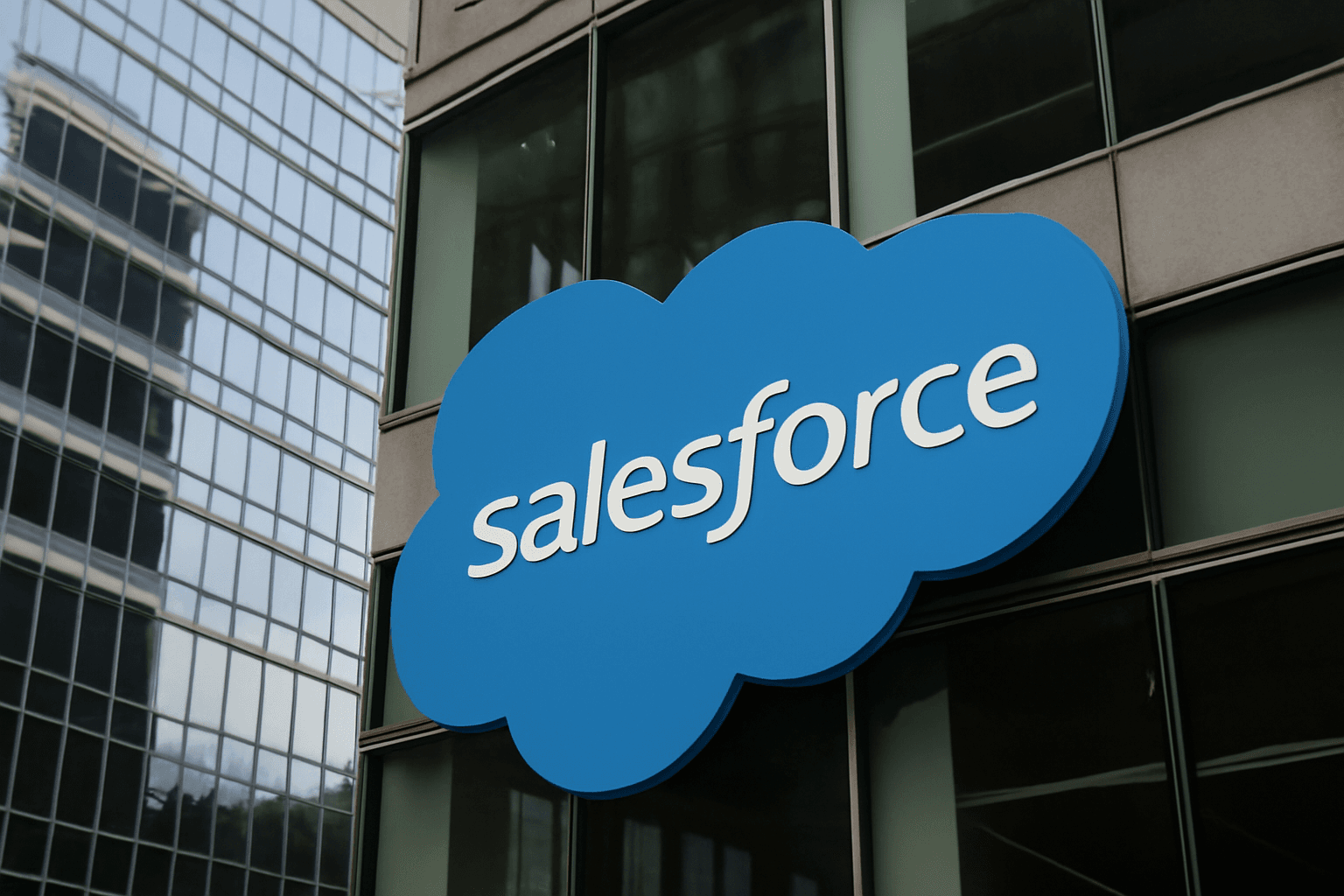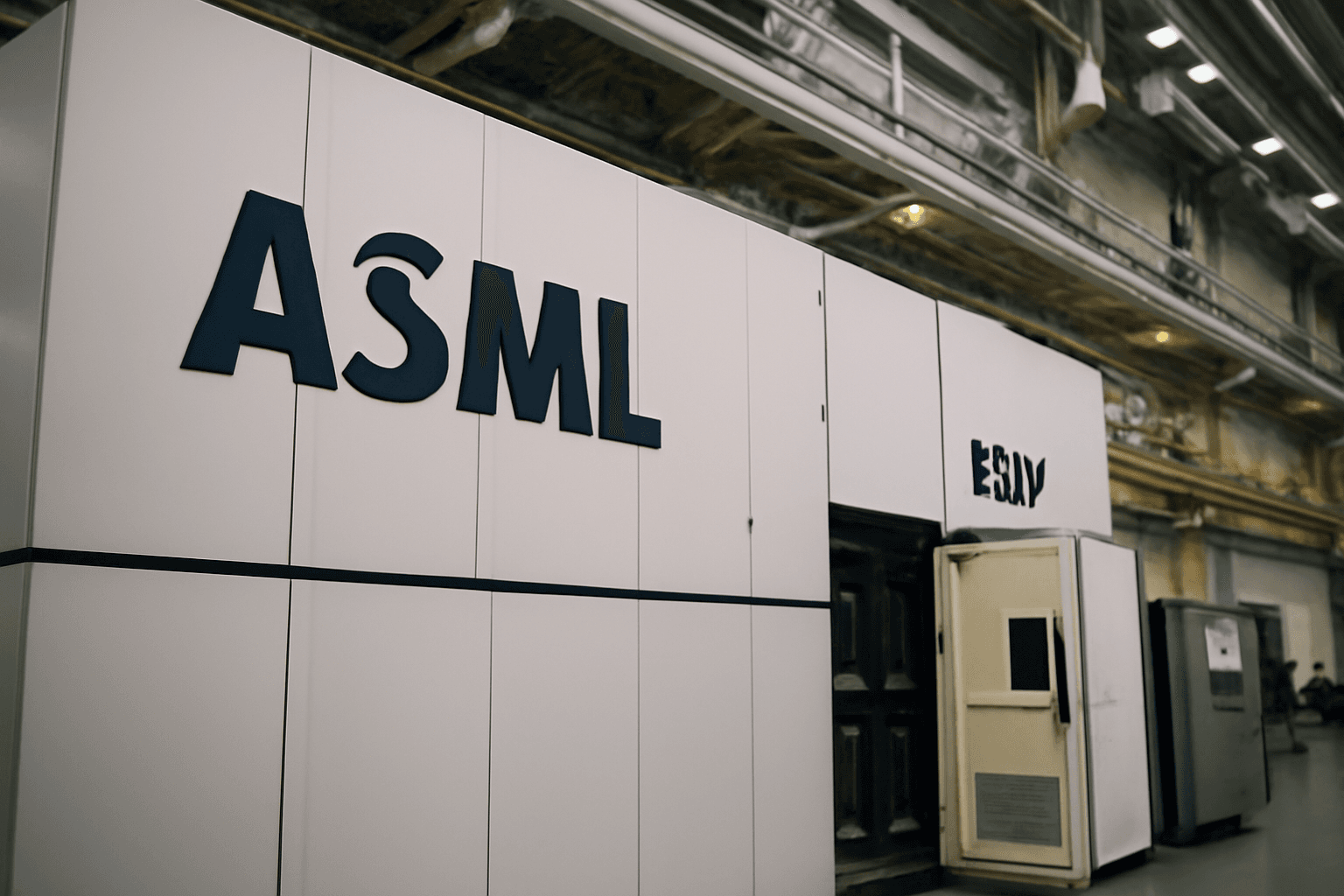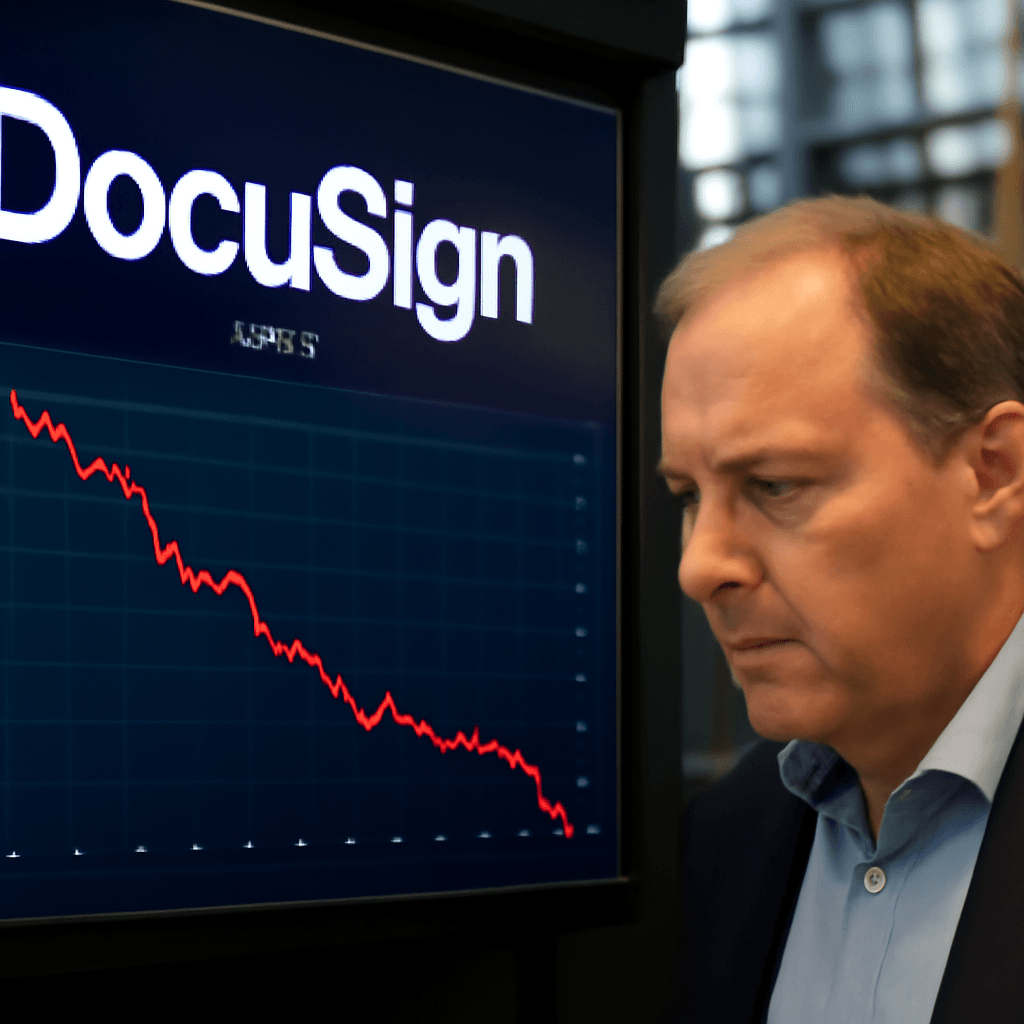Dell Technologies saw its shares rise in after-hours trading following an upward revision of its full-year earnings forecast and a stronger-than-anticipated outlook for the current quarter.
While Dell's fiscal first-quarter adjusted earnings per share (EPS) of $1.55 fell short of the LSEG consensus estimate of $1.69, the company's revenue of $23.38 billion slightly surpassed expectations of $23.14 billion.
Looking ahead, Dell projected adjusted EPS of $2.25 and revenue ranging between $28.5 billion and $29.5 billion for the current quarter, exceeding market expectations significantly. The company attributes this robust guidance to approximately $7 billion worth of high-margin artificial intelligence (AI) systems scheduled to ship during the quarter.
Dell, a primary vendor for Nvidia's AI graphics processing units (GPUs), reported an "unprecedented demand" for AI systems, especially among secondary cloud service providers. Currently based in Texas, the company has $14.4 billion in confirmed AI system orders in its backlog, which will be fulfilled in upcoming quarters. During the first fiscal quarter, Dell recorded $12.1 billion in confirmed AI orders, indicating a strong pipeline that will convert into revenue upon shipment. This follows Dell's February forecast anticipating over $20 billion in AI-related revenue for fiscal 2026, a substantial increase from $10 billion the previous year.
Overall, Dell's revenue rose 5% year-over-year, with expectations of an 8% increase for the fiscal year. The Infrastructure Solutions Group, which encompasses the server business, generated $10.3 billion in sales—a 12% increase—including $6.3 billion from servers and networking, and $4 billion from data storage systems.
Dell's Client Solutions Group, encompassing laptops and PCs, achieved $12.5 billion in sales, benefitting from a projected recovery in the global PC market after several years of decline.
Additionally, Dell intensified its shareholder return program during the quarter, distributing $2.4 billion through share repurchases and dividends. This compares to $2.58 billion spent on share repurchases throughout the entire fiscal year 2025, which ended in January.



















